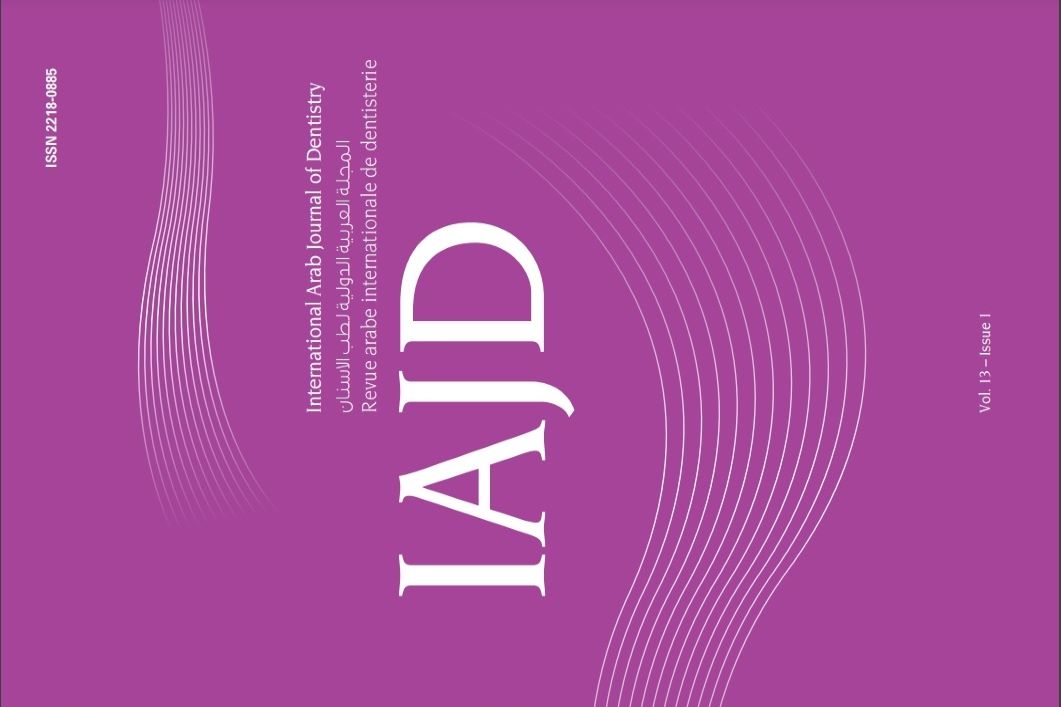Abstract
Periodontitis is defined as a chronic inflammatory disease and is mainly caused by a dysbiosis of the periodontal microbiome. Many systemic diseases have been linked to periodontal disease, and the alteration of the microbiome plays a major role in the pathogenesis. Diabetes has been highly associated with the increased risk of periodontal disease, as it provides a hyperglycemic microenvironment that heavily influences the periodontal microbiome by reducing its diversity and favoring disease associated bacteria. Rheumatoid arthritis has also been associated with periodontitis, with many studies indicating microbial shifts in affected individuals without reaching a consensus on the precise nature of dysbiosis. Contradictory and limited number of studies focusing on the effect of other diseases (systemic lupus erythematosus, human immunodeficiency virus, leucocyte adhesion deficiency, liver diseases) on the periodontal microbiome have been also conducted, and many of them have shown distinct microbial shifts in affected individuals.

